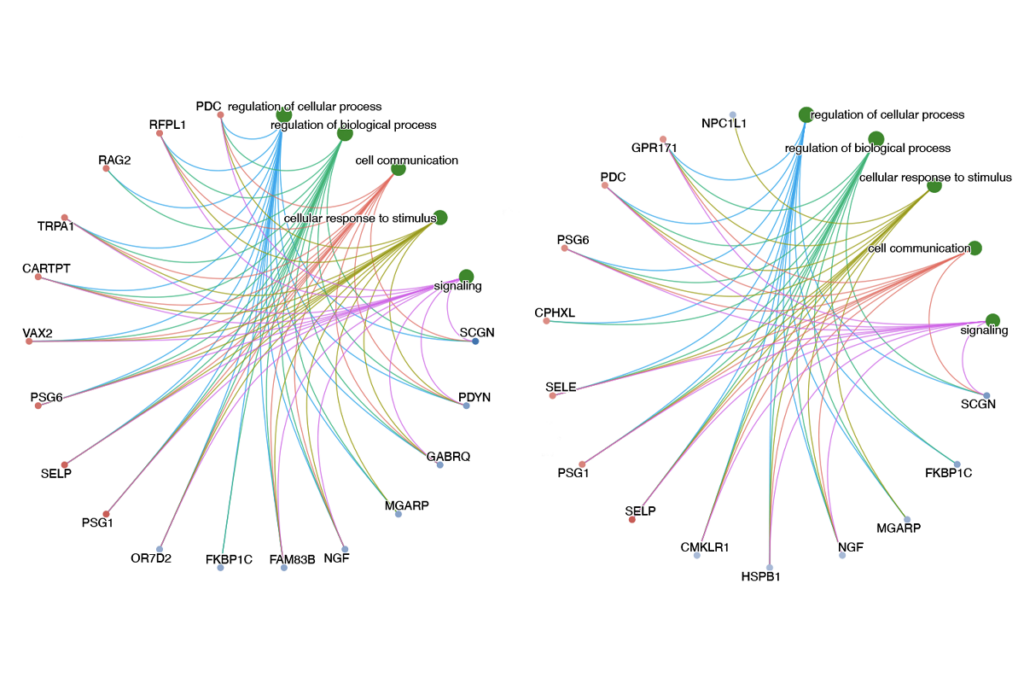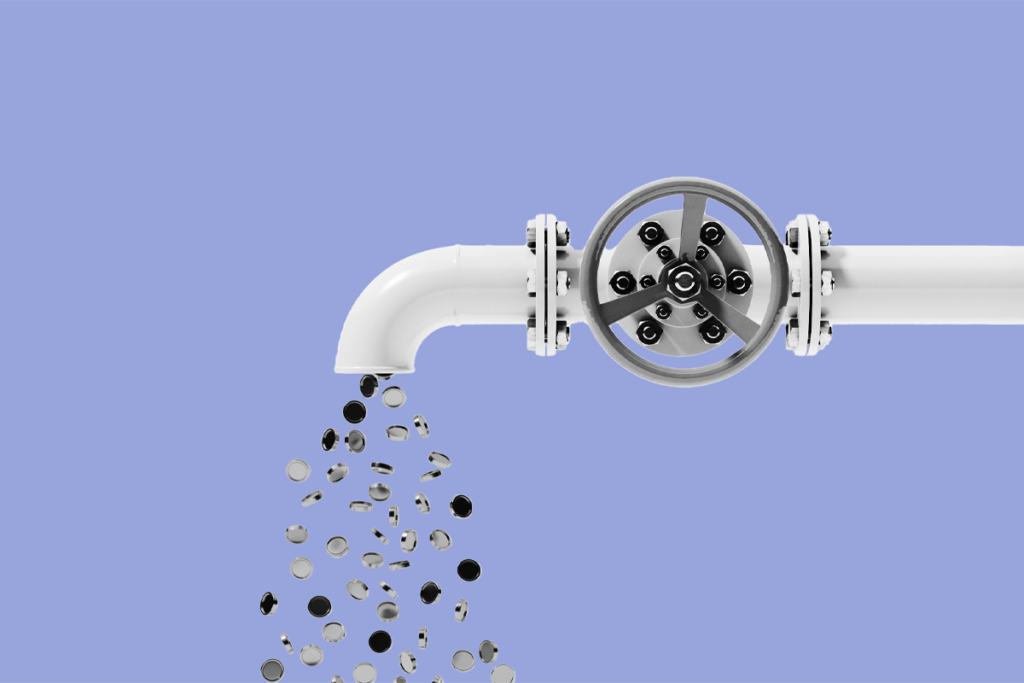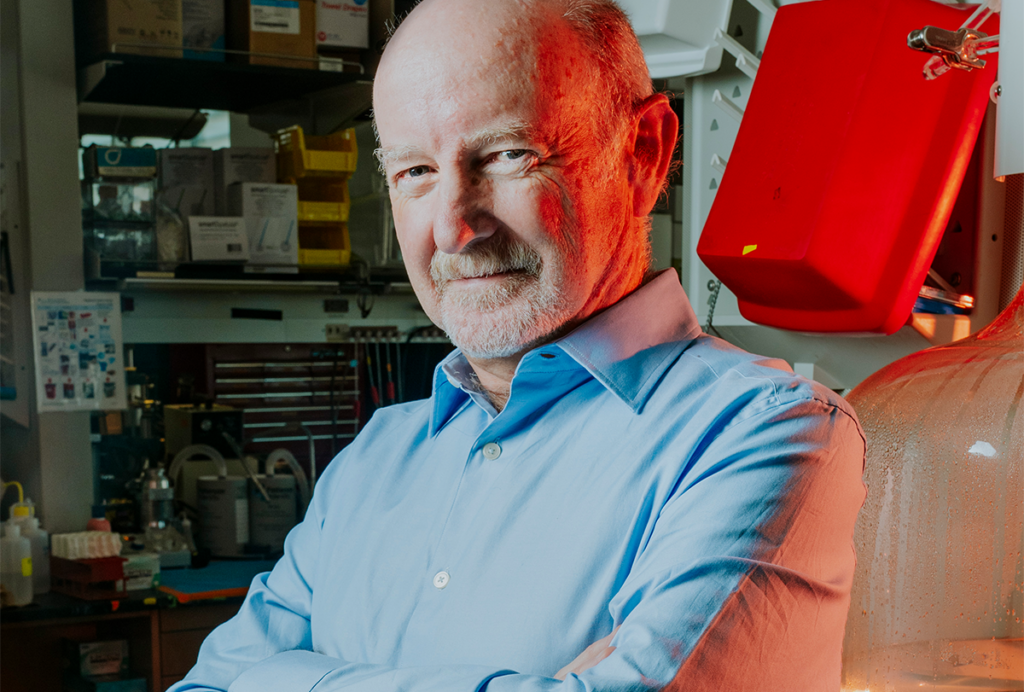Odd men out
Animal research hints that sex hormones may be responsible for the gender bias in autism. More research is needed in people to back this up, says a new review.
Of autism’s many mysteries, one that is particularly intriguing is the sex bias: Four times as many boys are affected as girls.
If rodents were perfect disease models, we’d have an ironclad hypothesis for this bias.
Scads of studies on mice and rats have shown that males, because of testosterone surging through their brains, are more sensitive to stress during early development than females are. Their brains are primed to express fear and social anxiety, which, in turn, lead to social avoidance — a characteristic feature of autism.
But obviously mice aren’t people, and we know very little about whether testosterone acts in a similar way in the human brain. Considering the robust evidence in animals, however, this area deserves much more attention from autism researchers, argues a review published earlier this month in Autism Research.
Mouse work has shown that testosterone stimulates neurons in the brainstem to make chemical messengers — such as dopamine, norepinephrine and serotonin — which then diffuse through the rest of the brain. One place these chemicals go is the amygdala, a deep nub of tissue that’s involved in emotion processing. When bathed in the extra chemicals, the amygdala is primed to overreact to stress.
For example, one study found that when pregnant mice are stressed — with unpleasant odors, constant light or noise — their male, but not female, pups later show abnormal responses to stress. Another reported that rats whose mothers have been electrically shocked during pregnancy take longer to initiate social play compared with controls.
Something similar could be at play in people with autism, according to the new review, co-written by a neuroscientist, a child neurologist, and a developmental psychologist. Excess testosterone could render a developing boy’s brain particularly vulnerable to early-life stressors, such as maternal infections or maternal psychological trauma during pregnancy. Boys who carry certain genetic variants might be even more susceptible.
This is a neat theory, but unfortunately there’s little direct evidence to back it up.
Here’s what we do know: Some individuals with autism have abnormal activity in the amygdala during social tasks. Some also have high blood levels of serotonin.
Epidemiological research suggests that pregnant women who are exposed to psychological stress — such as the loss of a spouse or viral infections — are more likely to have a child with autism or schizophrenia. And those who have high levels of testosterone in the amniotic fluid are more likely to have children with autism-like traits, such as poor eye contact and a lack of empathy.
Still, no one has come close to sorting out cause and effect in these studies. And other findings contradict the theory.
The great thing about this hypothesis, though, is it is potentially testable: Compared with baby girls, baby boys should be more vulnerable to maternal stress and show more anxiety.
Figuring out how to measure these things in infants will require brand-new methods — which the authors say they intend to develop.
Recommended reading

PTEN problems underscore autism connection to excess brain fluid

Autism traits, mental health conditions interact in sex-dependent ways in early development

New tool may help untangle downstream effects of autism-linked genes
Explore more from The Transmitter

Newly awarded NIH grants for neuroscience lag 77 percent behind previous nine-year average

